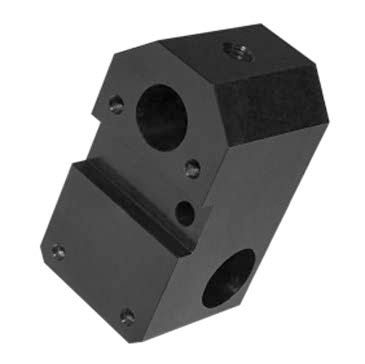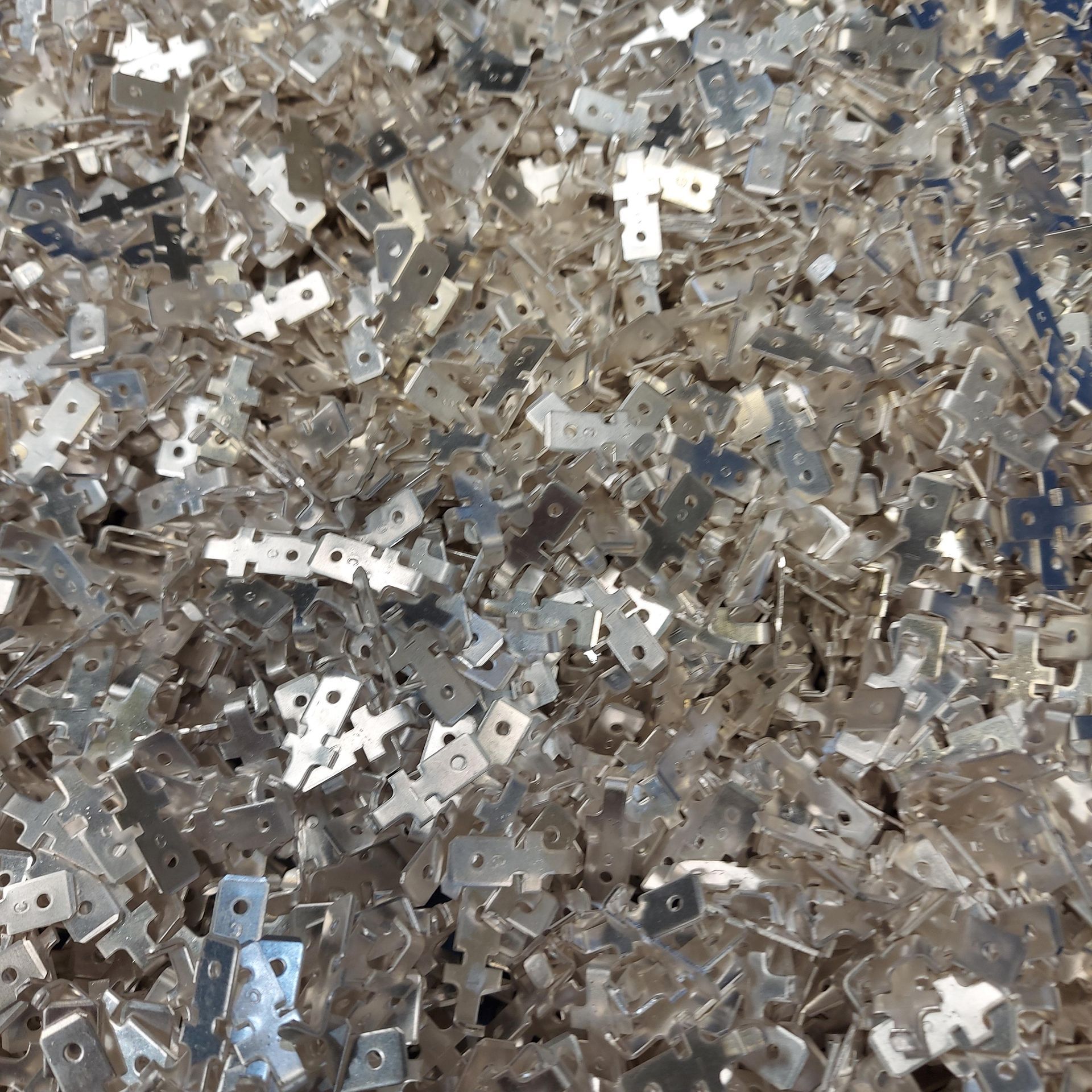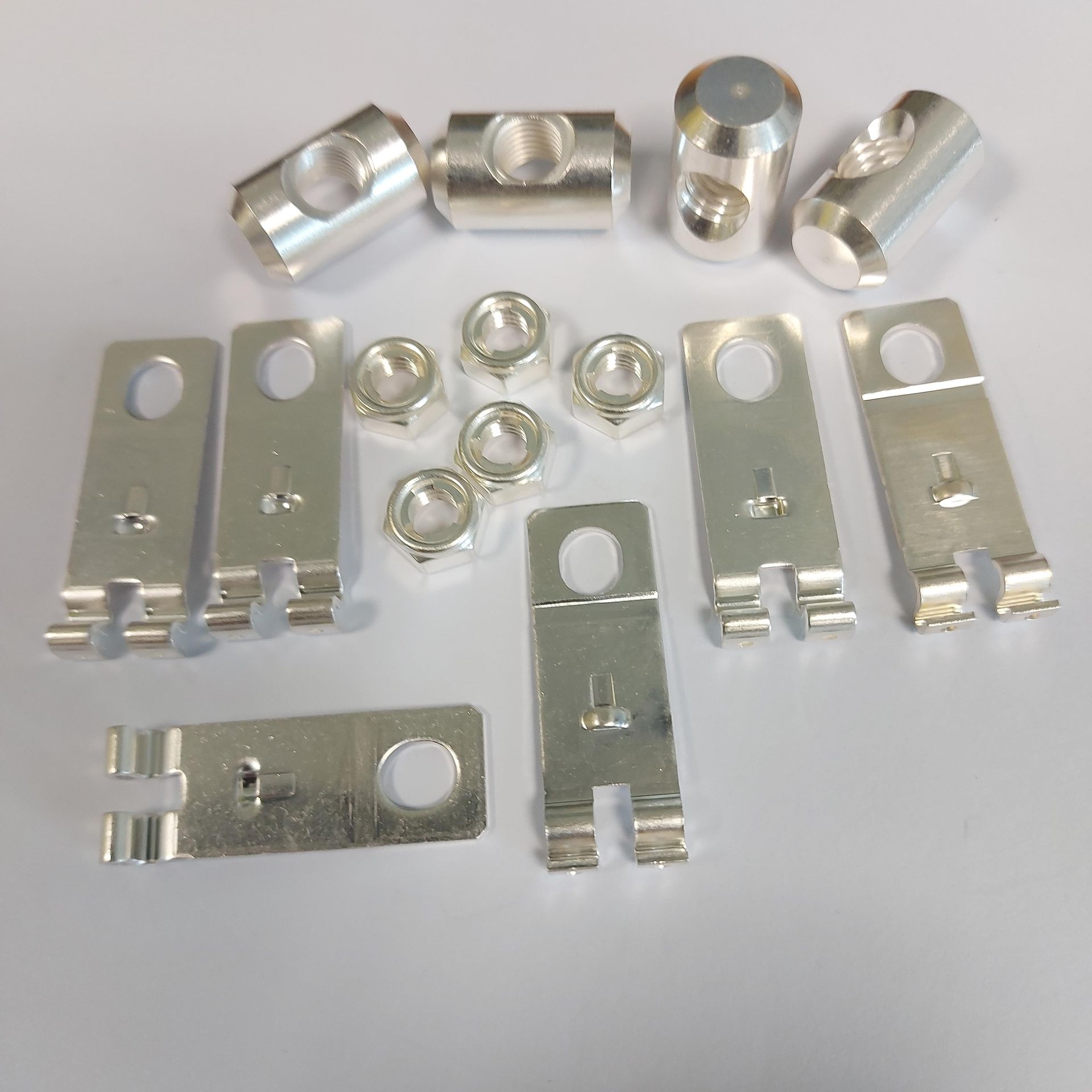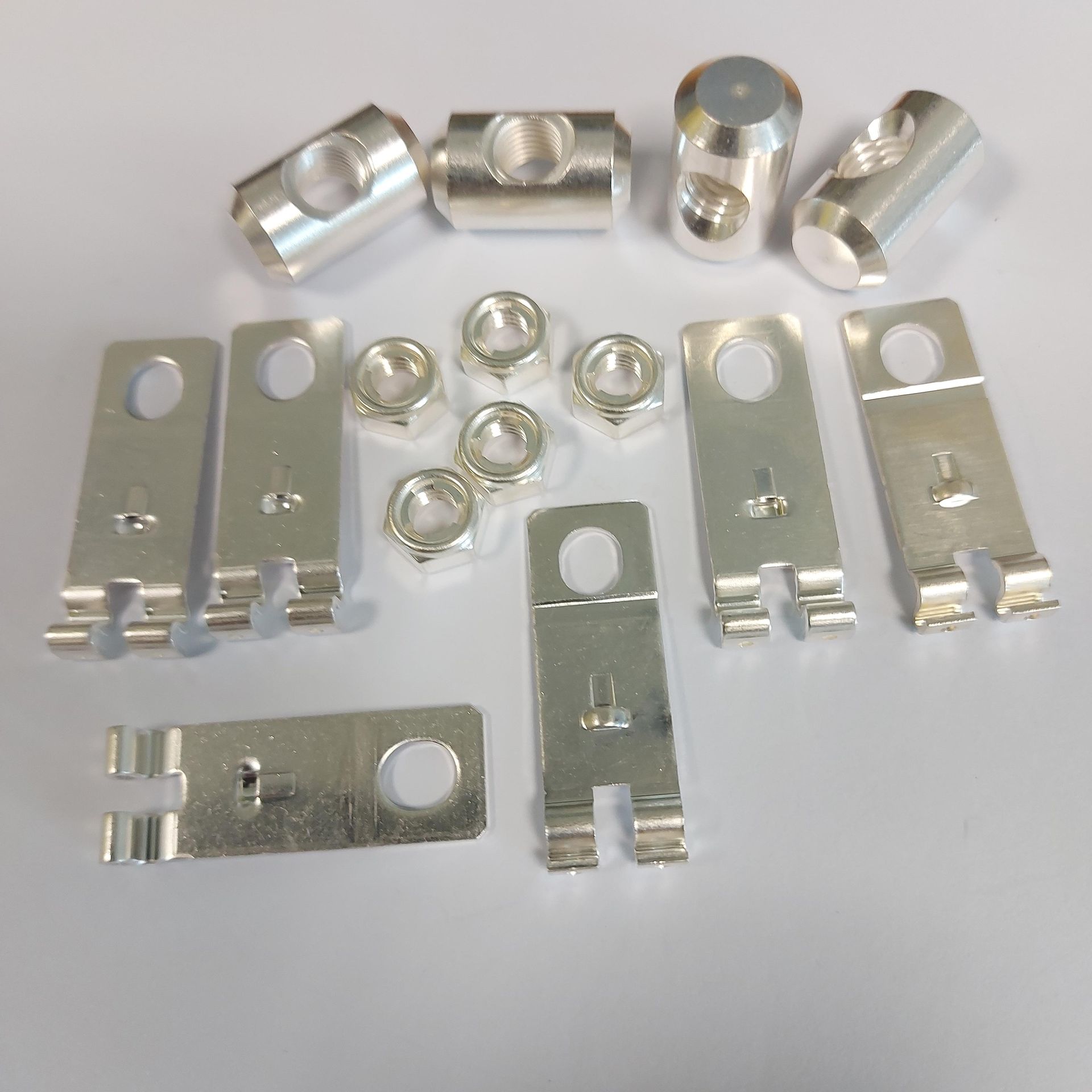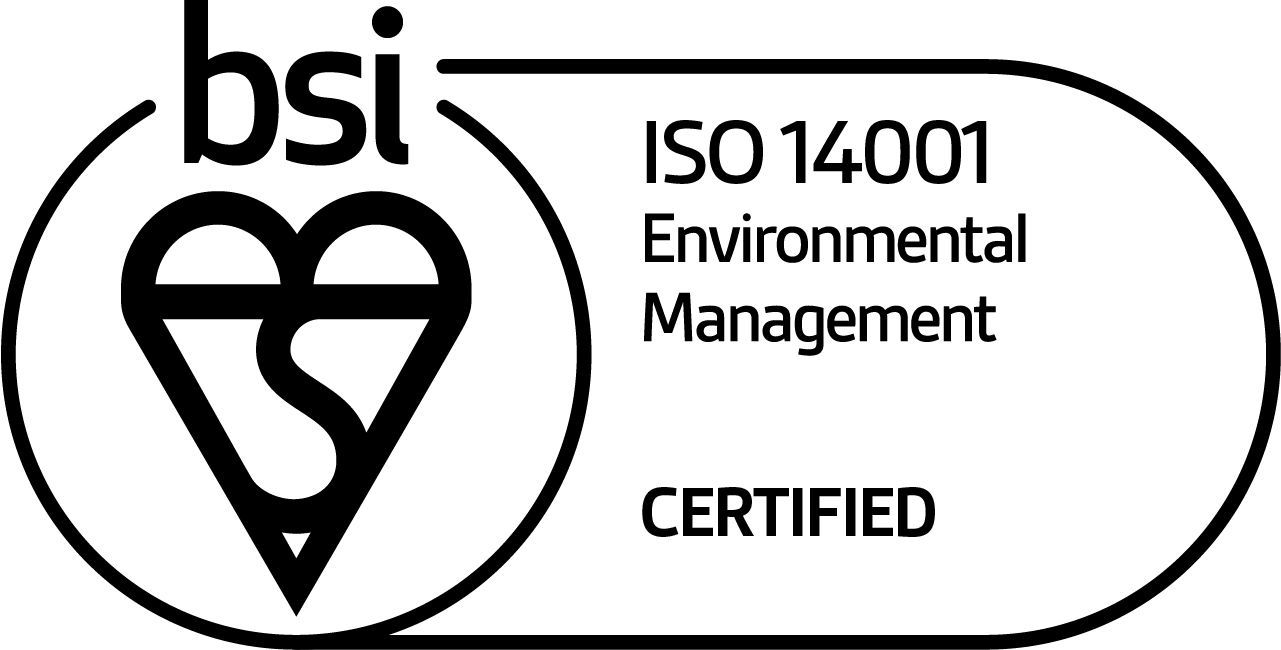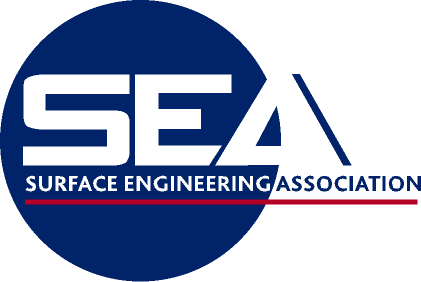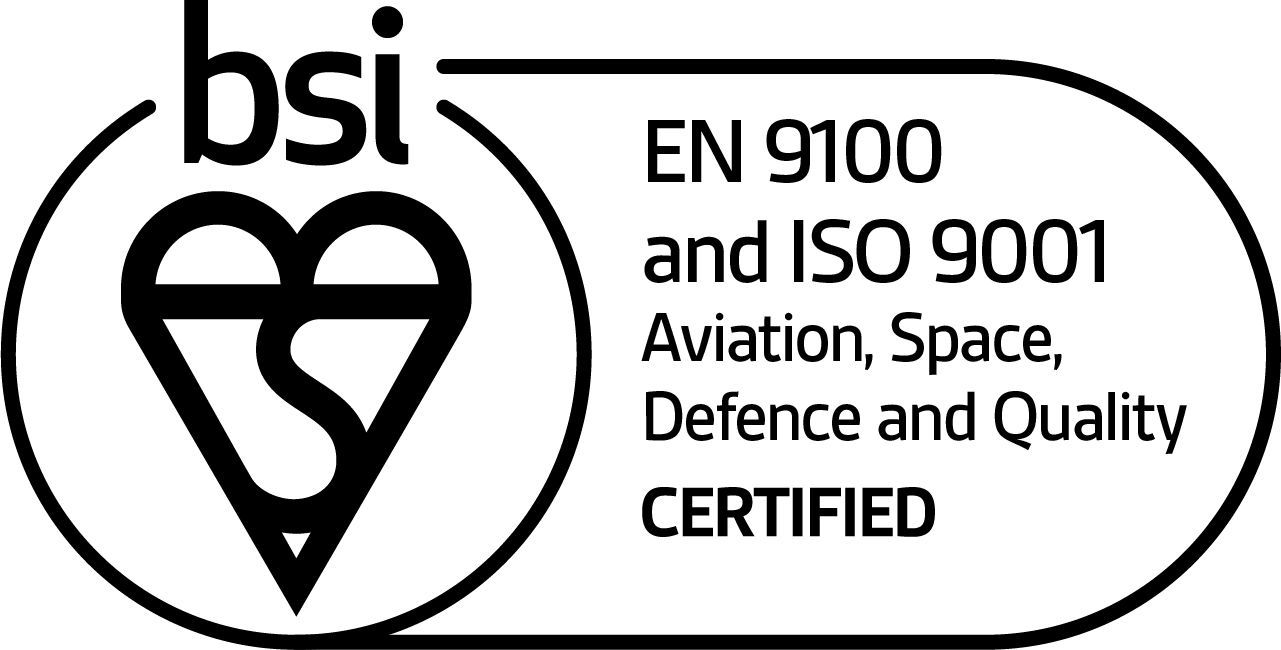An insight into UK gold plating
With electronics playing a part in everyday life, from cars to washing machines, computers to telephones, the UK gold plating industry is in high demand.
What is gold plating?
Gold plating is a form of electroplating whereby a thin layer of gold is deposited on a substrate to improve its properties. The component which is to be plated is placed in an electrolyte bath which contains gold atoms. An electrical current is then passed through the bath to achieve a chemical reaction whereby the electrolyte splits up and some of the gold atoms are deposited on to the component.
Why gold plating?
With superior electrical conductivity and solderability combined with its resistance to corrosion, gold plating is ideal for use in a variety of commercial and industrial applications.
Gold is completely indestructible and therefore ideal for use in electrical connectors and contacts for automotive, aerospace and electronics industries where quality and reliability are a key factor. It is also environmentally friendly. In a throwaway culture, gold is fully recyclable, which means it can be used again and again as technology changes and improves.
Where components are subjected to a number of outside factors such as air, water and oxygen, it is important that it is protected from them, especially when used in highly sensitive industries such as aerospace. Unlike some metals, gold is completely resistant to these factors and will not rust or corrode when subjected to them.
UK gold plating for a quality you can rely on
There are many UK and European regulations that govern the UK gold plating industry and the surface coating sector as a whole. From restrictions on the use of certain chemicals and metals to health and safety legislation, all UK gold plating companies have to comply with these fully.
In addition, companies carrying out gold plating believe in delivering only high quality gold plating solutions, and this philosophy is often supported by various accreditations. These include:
- ISO 9001. This is a certified quality management system accredited by BSi. It demonstrates to customers that companies can consistently provide high quality products and services.
- AS9100 quality management standard for the aerospace industry.
- National Aerospace and Defence Contractors Accreditation Programme for chemical processing (Nadcap)
The UK gold plating industry works hard to ensure that only high quality plating solutions are supplied to their customers, whilst at the same time protecting their workforce and the environment.
Apart from gold plating what other forms of surface coating are available in the UK?
Electroplating
Although gold plating is a popular form of electroplating for many industries, there are a number of other metals which can be used to improve components and enhance their properties. These include, but are not limited to, silver, tin, zinc, copper, cadmium, chromium, nickel, platinum and lead.
Anodising
Hard anodised and sulphuric anodised coatings are used for durability, wear and corrosion resistance, as well as decorative finishes.
Electroless nickel coatings and nickel boron coatings
With these coatings it is possible to plate both metallic and non-metallic substrates such as ceramics and glass. These coatings provide corrosion and chemical resistant surfaces.
Frost Electroplating is an industry leading surface coating provider based in the West Midlands. Our customers around the world depend on us to provide solutions to problems and improve the performance of their products using a number of surface coating technologies. We are able to provide plating services for any combination of size, production volume and specification for a large number of diverse industries.
To find out more about gold plating and the many other services we provide, please browse our website. If you would like specific help with your project, please telephone us on 0121 433 3091.

